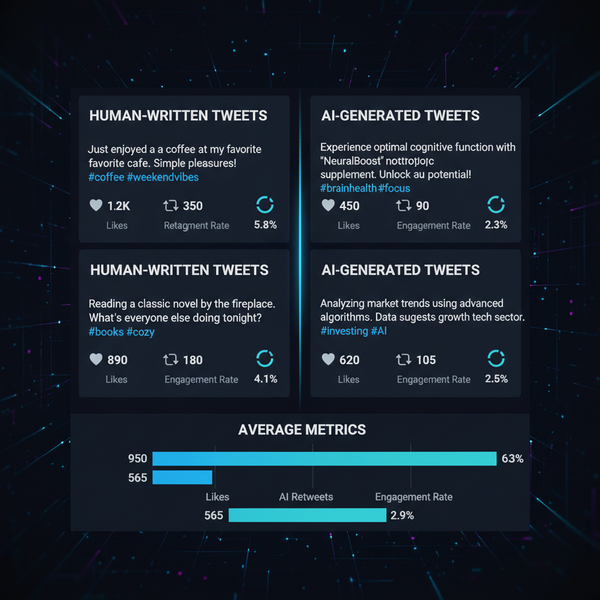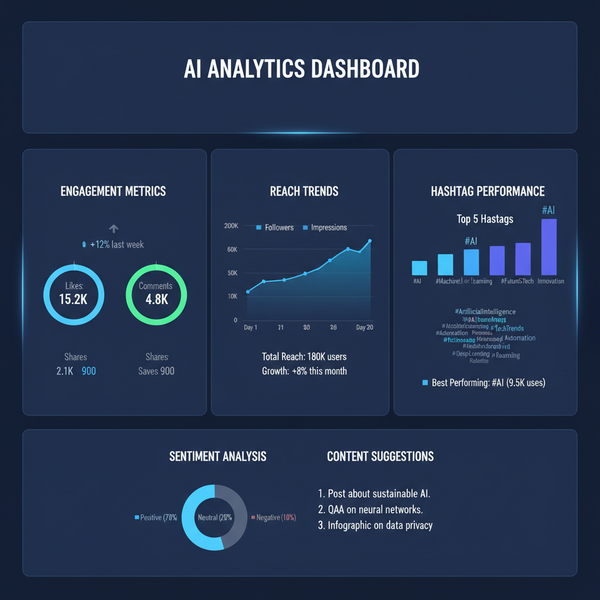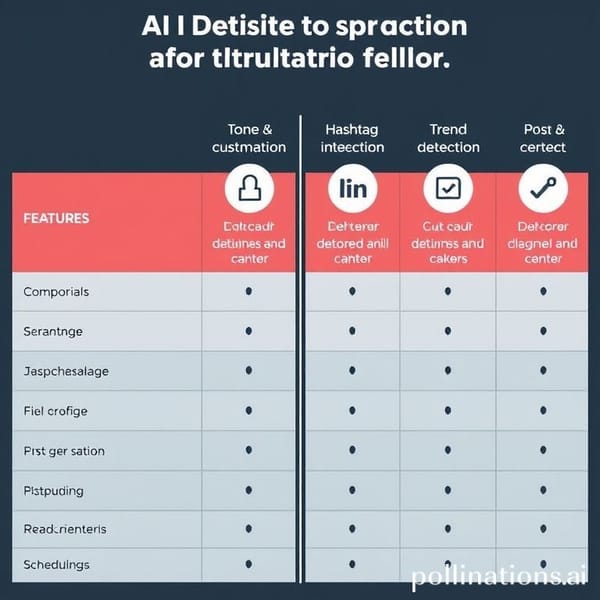Digital and Social Media Course Guide for Aspiring Marketers
Learn how digital and social media courses equip aspiring marketers with platform strategies, advertising skills, and data-driven performance insights.
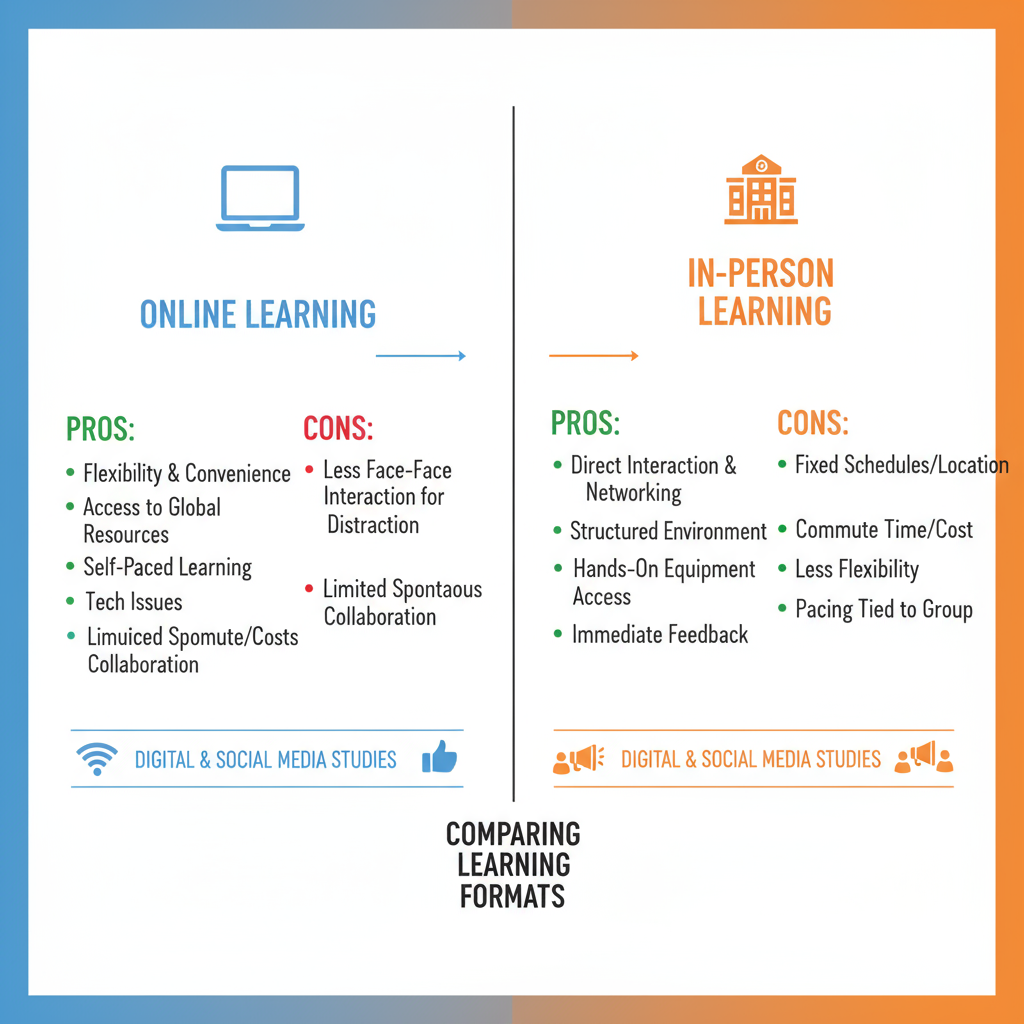
Digital and Social Media Course Guide for Aspiring Marketers
A digital and social media course can be a powerful springboard for aspiring marketers, providing essential insights into engaging online audiences, creating compelling content, and tracking performance through data analysis. In today’s fast-moving digital landscape, these courses combine theory with hands-on practice, equipping students for success across leading social media platforms and digital marketing channels.

---
What a Digital and Social Media Course Covers
Digital and social media courses typically aim to impart both foundational marketing knowledge and practical experience. While specific programs differ, most include the following areas:
- Platform Fundamentals – Facebook, Instagram, LinkedIn, TikTok, YouTube, plus emerging networks.
- Content Strategy – Planning, producing, and scheduling posts aligned with brand objectives.
- Digital Advertising – Managing paid campaigns using Google Ads, Facebook Ads Manager, and other ad networks.
- Analytics and Reporting – Leveraging Google Analytics, Facebook Insights, and native platform metrics to improve performance.
- Audience Engagement – Building communities and fostering ongoing relationships online.
---
Importance in the Modern Business Landscape
With nearly every consumer spending time on digital platforms, brands that fail to connect online risk losing visibility to competitors. Enrolling in a digital and social media course is critical because it empowers you with:
- Real-Time Connection – Instant communication with customers through posts, comments, and direct messaging.
- Scalable Advertising – The ability to reach thousands or millions for a fraction of broadcast costs.
- Data-Driven Decisions – Continual campaign optimization based on metrics for improved ROI.
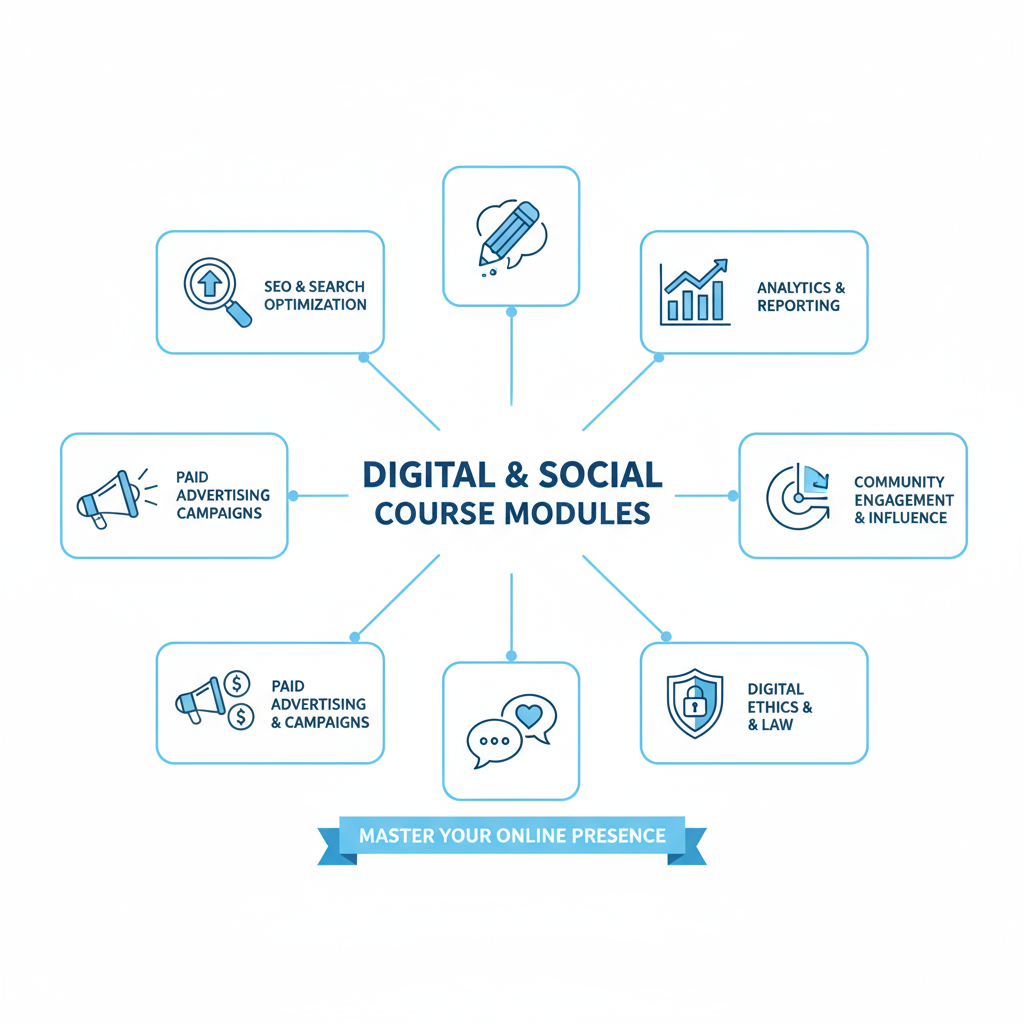
---
Typical Modules in a Digital and Social Media Course
While each provider may customise content, common modules include:
- Social Media Strategy
- Planning coordinated campaigns across multiple channels.
- Content Creation
- Photography, video, and graphic design tailored to platform audiences.
- Search Engine Optimization (SEO)
- Techniques for improving visibility in organic search results.
- Analytics and Performance Tracking
- Understanding KPIs, dashboard tools, and trend interpretation.
---
| Module | Key Learning Points |
|---|---|
| Social Media Strategy | Campaign planning, target audience profiling, brand voice consistency |
| Content Creation | Writing, video editing, image design, post scheduling |
| SEO | Keyword research, link building, on-page optimization |
| Analytics | Metric tracking, A/B testing, ROI reporting |
---
Online vs. In-Person Learning Formats
Digital and social media courses are available in both online and classroom settings, each with unique benefits and challenges.
Online Learning Pros:
- Flexible schedules.
- Accessible from anywhere.
- Often lower cost.
Online Learning Cons:
- Limited face-to-face interaction.
- Requires strong self-discipline.
In-Person Learning Pros:
- Direct networking with peers.
- Immediate feedback from instructors.
- Hands-on workshops.
In-Person Learning Cons:
- Fixed schedules.
- Higher costs due to travel and materials.
---
Essential Skills Gained
Completing a course builds a versatile skill set including:
- Copywriting – Crafting persuasive, engaging text.
- Video Editing – Producing video content for short- and long-form platforms.
- Community Management – Moderating and fostering positive online interactions.
- Ad Campaign Management – Effective budgeting and precise targeting.
- Data Interpretation – Turning analytics into actionable strategies.
---
Tips for Choosing the Right Course
Consider these factors to select the best program:
- Accreditation – Look for recognition by relevant industry bodies.
- Curriculum Depth – Ensure coverage of strategy, content creation, SEO, and analytics.
- Instructor Expertise – Choose trainers with real-world experience.
- Reviews and Testimonials – Research feedback from past students.
- Support Resources – Assess the availability of mentoring, career services, or alumni networks.
---
Career Paths After Completion
Graduates often move into roles such as:
- Social Media Manager – Overseeing brand presence across various platforms.
- Digital Strategist – Designing integrated digital campaigns.
- Content Marketer – Creating and managing multi-channel content.
- SEO Specialist – Optimising websites for search visibility.
- Community Manager – Developing and maintaining engaged online communities.
---
Duration, Costs, and Certification
Course length can range from 4 weeks for a condensed program to 6–12 months for diplomas.
Costs:
- Short workshops: $200–$500
- Professional certificates: $1,000–$4,000
- Degree programs: $6,000–$20,000+
Certification options include:
- Industry-endorsed certificates.
- Vendor-specific badges such as Google Ads Certification or HubSpot Content Marketing Certification.
---
Case Studies: Graduate Success Stories
Case Study 1: From Retail to Social Media Manager
Jane moved from retail sales to managing a local brand’s social channels. Her campaigns boosted engagement by 200% and increased monthly sales via targeted ads within six months.
Case Study 2: Startup Growth
Daniel applied his skills at a tech startup, using content marketing and paid ads to triple user acquisition. His strength in measuring and refining campaigns was pivotal.
---
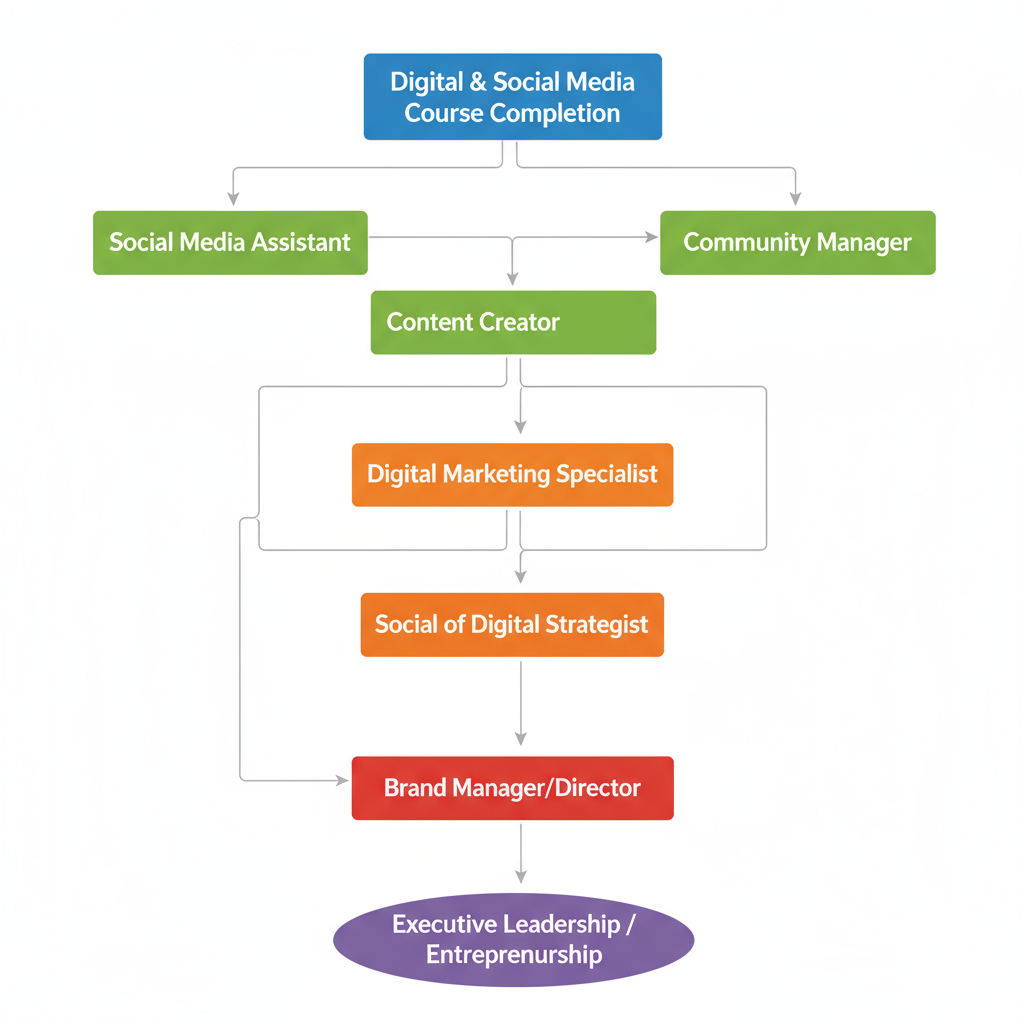
Applying Knowledge to Real-World Projects
To maximise course benefits:
- Build a Portfolio – Showcase posts, ads, and campaigns created during training.
- Volunteer for Nonprofits – Support organisations seeking digital visibility.
- Create a Side Project – Experiment with strategies on a blog or niche social channel.
These projects deepen experience and provide concrete evidence for prospective employers.
---
Supplementary Resources
Enhance learning with recommended resources:
Books:
- Contagious – Jonah Berger
- Jab, Jab, Right Hook – Gary Vaynerchuk
Podcasts:
- Social Media Marketing Podcast – Social Media Examiner
- Online Marketing Made Easy – Amy Porterfield
Free Tools:
- Canva – Design tool
- Buffer – Scheduling platform
- Ubersuggest – SEO keyword research
---
Conclusion
A digital and social media course provides a structured and dynamic route to mastering modern marketing techniques. By integrating creative production with analytical acumen, learners can position themselves for varied career opportunities in today’s hyperconnected environment. Success comes from applying concepts to real-world scenarios, experimenting continually, and tapping into supplementary resources to remain competitive. If you’re ready to strengthen your digital marketing skills, explore available courses today and take the first step toward an impactful professional journey.


